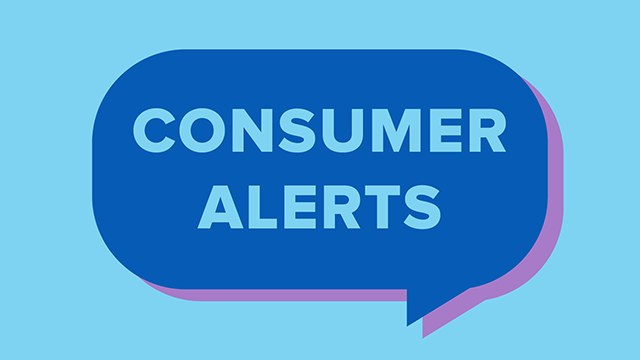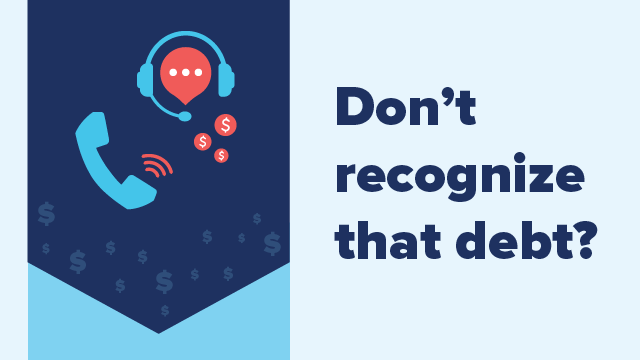Getting Utility Services: Why Your Credit Matters
Getting utility services ― gas, electricity, water ― has a lot to do with your credit history. The better your credit history, the easier it can be for you to get services. And your on-time (or late) payment history with utility companies can be an important factor for your credit in the future.



